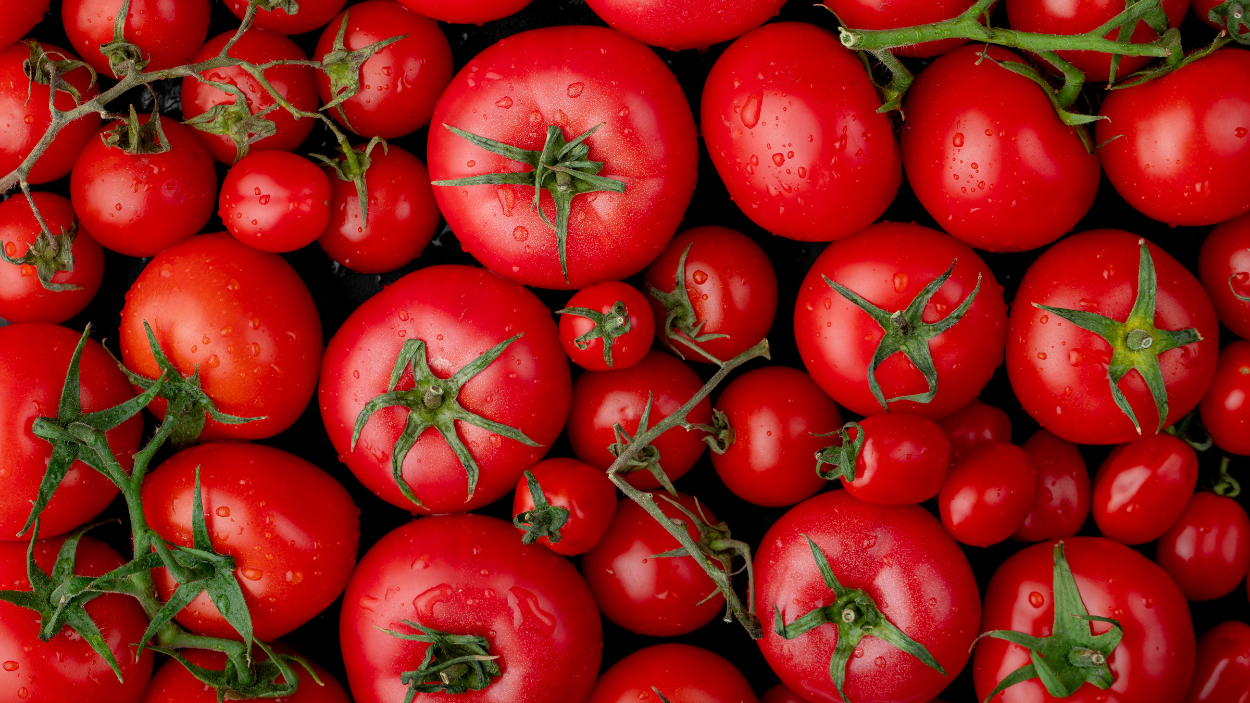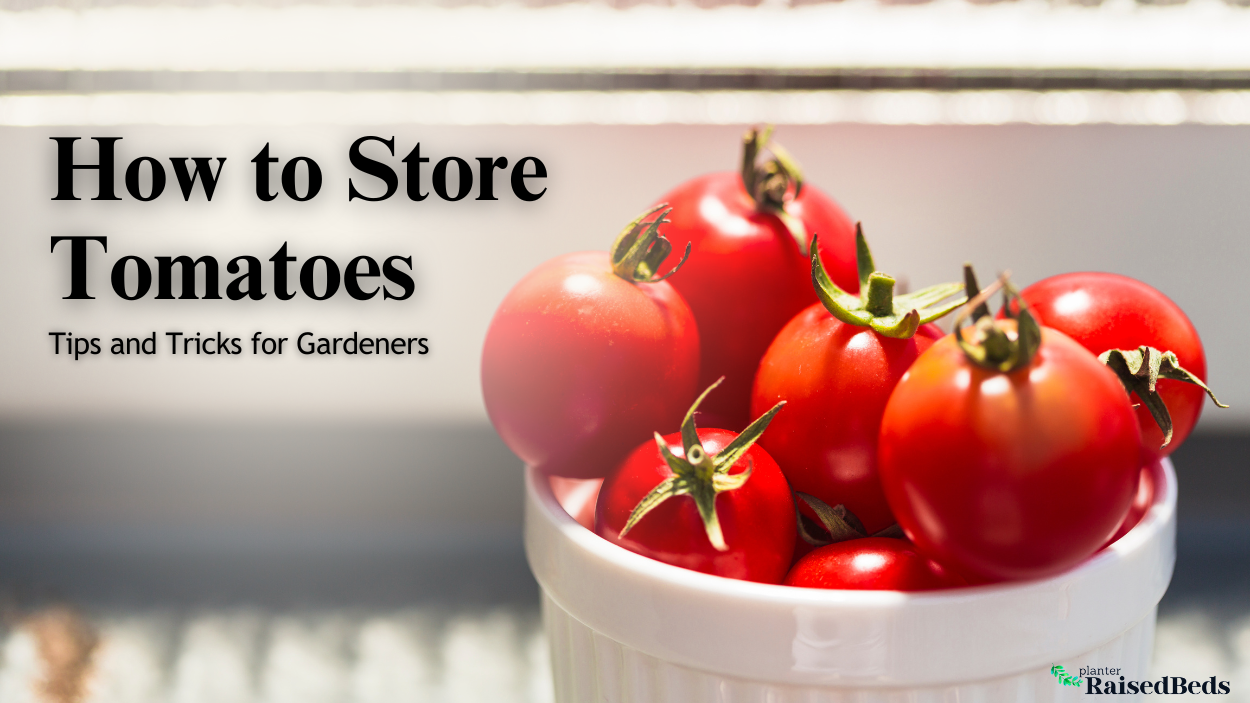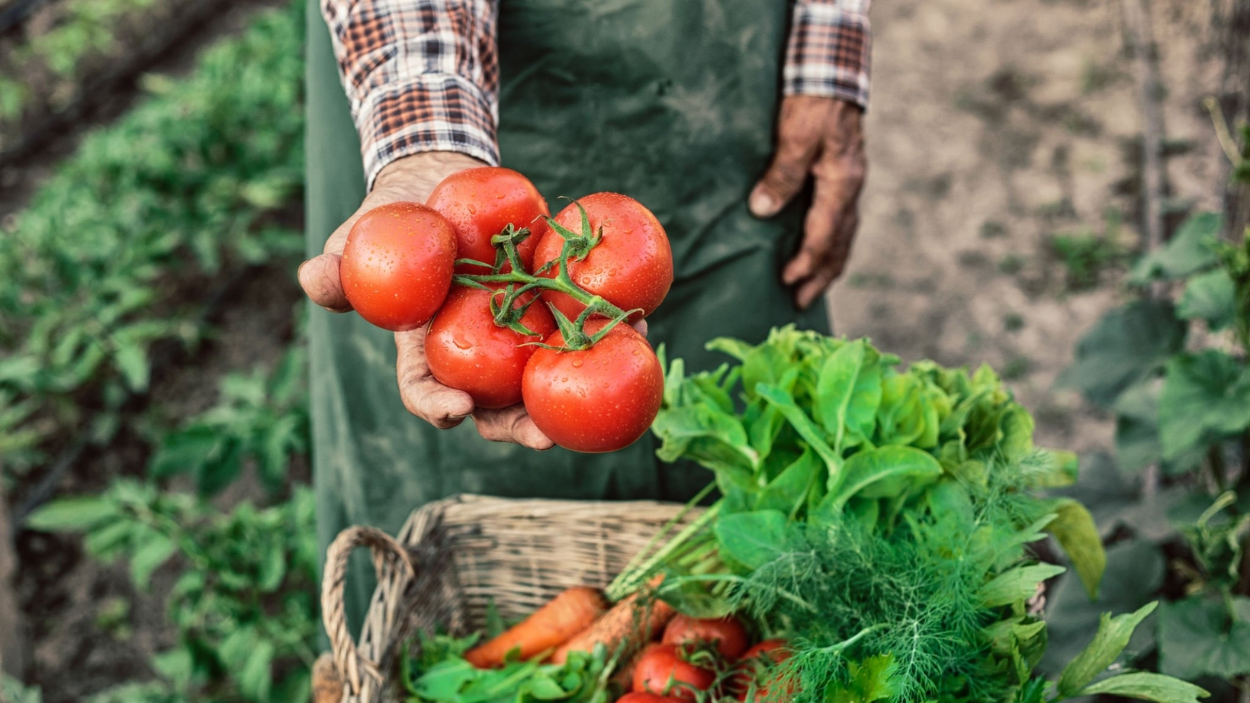Tomato Companion Plants
1. Basil
Basil is not only a popular herb in the kitchen but also an excellent companion for tomatoes. Its aromatic leaves emit a scent that repels pests like aphids, mosquitoes and flies, effectively protecting your tomato plants. Additionally, when grown near tomatoes, basil can enhance its flavor, making it a delightful addition to your garden.
2. Marigolds
Marigolds are known for their vibrant blooms and their ability to deter pests. Planting marigolds alongside tomatoes creates a natural barrier that repels nematodes, whiteflies, and aphids. These beautiful flowers not only add visual appeal but also act as a protective shield for your precious tomato plants.
3. Nasturtiums
Nasturtiums are versatile companion plants that bring both beauty and functionality to your tomato garden. Their colorful flowers serve as a natural deterrent for aphids, whiteflies, and squash bugs, keeping them away from your tomatoes. By interplanting nasturtiums, you not only provide protection but also create an eye-catching display in your garden.
4. Borage
Borage is a beneficial companion that attracts pollinators such as bees and predatory wasps. The presence of these helpful insects enhances pollination, leading to a better fruit set for your tomatoes. Borage also acts as a trap crop, diverting harmful insects away from your precious plants. It's bright blue flowers and edible leaves make it an excellent addition to any garden.
5. Parsley
Parsley not only adds flavor to your culinary creations but also offers benefits as a companion plant. When planted near tomatoes, parsley provides shade for the roots, helping to retain moisture in the soil. Furthermore, parsley attracts beneficial insects that prey on common tomato pests, creating a natural defense system for your tomatoes.
6. Chives
Chives are easy to grow and make a great companion for tomatoes. Their strong scent repels pests such as aphids, mites, and tomato worms. By planting chives alongside your tomatoes, you create a protective barrier that keeps these pests at bay. Chives also add a mild onion-like flavor that complements the taste of your tomatoes.
The Benefits of Companion Planting for Tomatoes
Companion planting offers a range of benefits for tomatoes beyond just aesthetic appeal. Let's delve deeper into the advantages of incorporating companion plants into your tomato garden:
Pest Control:
One of the primary benefits of companion planting is natural pest control. Many companion plants, such as basil, marigolds, and chives, emit scents that repel common tomato pests like aphids, mites, and whiteflies. By interplanting these pest-repellent companions, you can create a more inhospitable environment for harmful insects, reducing the risk of infestations and the need for chemical pesticides.
Increased Biodiversity:
Companion planting promotes biodiversity in your garden. By growing a variety of plants together, you attract a diverse range of beneficial insects like bees, butterflies, and predatory wasps. These insects help with pollination, ensuring better fruit set and higher yields for your tomato plants. Additionally, they act as natural predators, feeding on pests that can damage your tomatoes.
Improved Soil Health:
Certain companion plants contribute to improved soil health, benefiting your tomatoes in the long run. For example, parsley and borage have deep root systems that help break up compacted soil, enhancing drainage and aeration. This can prevent waterlogged soil, root rot, and other soil-related issues that can affect tomato plants. Furthermore, companion plants like borage add organic matter to the soil as they decompose, enriching it with nutrients.
Shade and Moisture Regulation:
Some companion plants, such as parsley and chives, provide shade to the soil around your tomato plants. This shade helps regulate soil temperature, preventing excessive heat that can stress the roots. Additionally, the shade reduces water evaporation, allowing the soil to retain moisture for longer periods. Adequate soil moisture is crucial for healthy tomato growth, and companion plants can help conserve water and maintain optimal soil conditions.
Enhanced Flavor:
Certain companion plants, like basil and parsley, can enhance the flavor of your tomatoes. When grown in proximity, these herbs release volatile compounds that subtly infuse the tomatoes with their distinct tastes and aromas. The result is a more flavorful harvest that can elevate your culinary creations.
Conclusion
Companion planting is a fantastic way to promote the health and vigor of your tomato plants while naturally controlling pests. By incorporating basil, marigolds, nasturtiums, borage, parsley, and chives into your tomato garden, you create a balanced ecosystem that supports the growth of your plants. Experiment with different combinations and observe the positive impact companion plants have on your tomatoes. With thoughtful companion planting, you'll enjoy healthier, more productive tomato plants and a garden full of beauty and biodiversity.




